Neuroscience
-
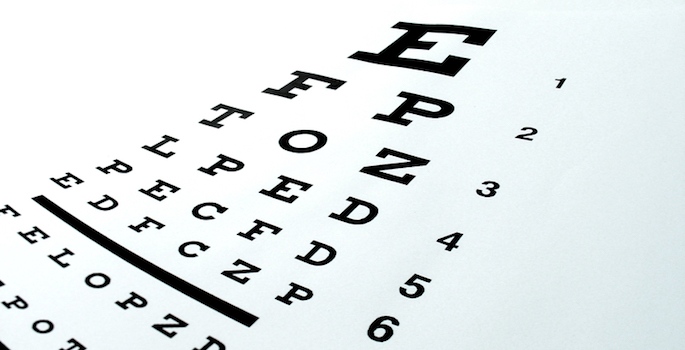
A little spark for sharper sight
Stimulating the brain with a mild electrical current can temporarily sharpen vision without glasses or contacts, Vanderbilt University researchers have found. (But please don't try this at home.) Read MoreJun 30, 2016
-
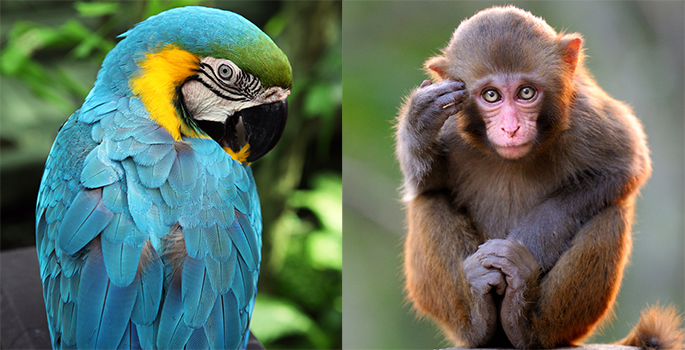
Study gives new meaning to the term ‘bird brain’
The first study to systematically measure the number of neurons in the brains of birds has found that they have significantly more neurons packed into their small brains than are stuffed into mammalian and even primate brains of the same mass. Read MoreJun 13, 2016
-

Scientists establish first map of the sea lion brain
A team of neuroscientists at Vanderbilt University has taken an important step toward uncovering the mystery behind the California sea lion's prodigious intelligence by conducting the first comprehensive study of their central nervous systems. Read MoreApr 27, 2016
-

Psychotherapies have long-term benefit for those suffering from irritable bowel syndrome
A new meta-analysis has found that the beneficial effects of using psychological therapy to treat the symptoms of irritable bowel syndrome are not only short term but are also long lasting. Read MoreDec 28, 2015
-

VUMC’s Baganz honored by Society for Neuroscience
For her contributions to public communication, outreach and education about neuroscience, Nicole Baganz, Ph.D., a postdoctoral fellow in Pharmacology, received the 2015 Next Generation Award from the Society for Neuroscience. Read MoreNov 12, 2015
-
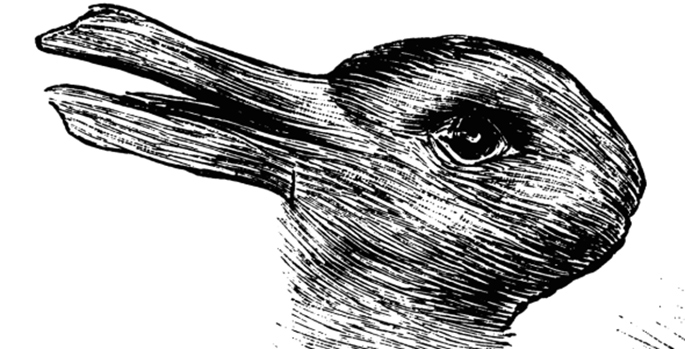
Interpreting ambiguous visual information is surprisingly low level brain function
When faced with ambiguous visual information, it is the visual processing areas of the brain that choose between the competing impressions, not the higher levels of the brain as previously thought. Read MoreOct 7, 2015
-

Nerve cell remodelers
Vanderbilt investigators have defined a gene expression program that controls the timing of synaptic remodeling – a process that is critical to brain development, learning and memory. Read MoreSep 18, 2015
-

How your brain decides blame and punishment—and how it can be changed
New work by researchers at Vanderbilt University and Harvard University confirms that a specific area of the brain, the dorsolateral prefrontal cortex, is crucial to punishment decisions. Read MoreSep 16, 2015
-

New insight into how brain makes memories
Vanderbilt researchers have identified the role that a key protein associated with autism and the co-occurrence of alcohol dependency and depression plays in forming the spines that create new connections in the brain. Read MoreApr 23, 2015
-
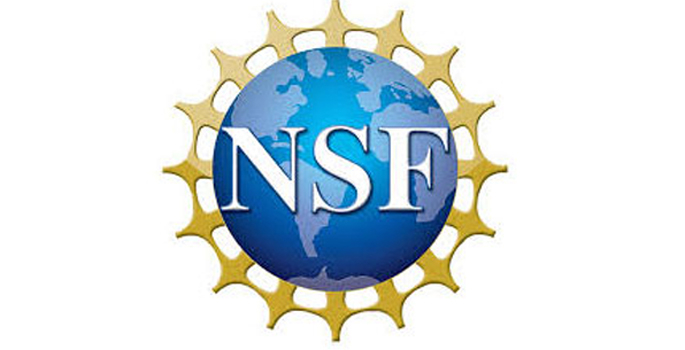
NSF research grant goes to 16 Vanderbilt graduate students
The grant program is aimed at aiding individuals who have demonstrated notable potential early in their research career, as well as promoting diversity in the sciences. Read MoreApr 8, 2015
-
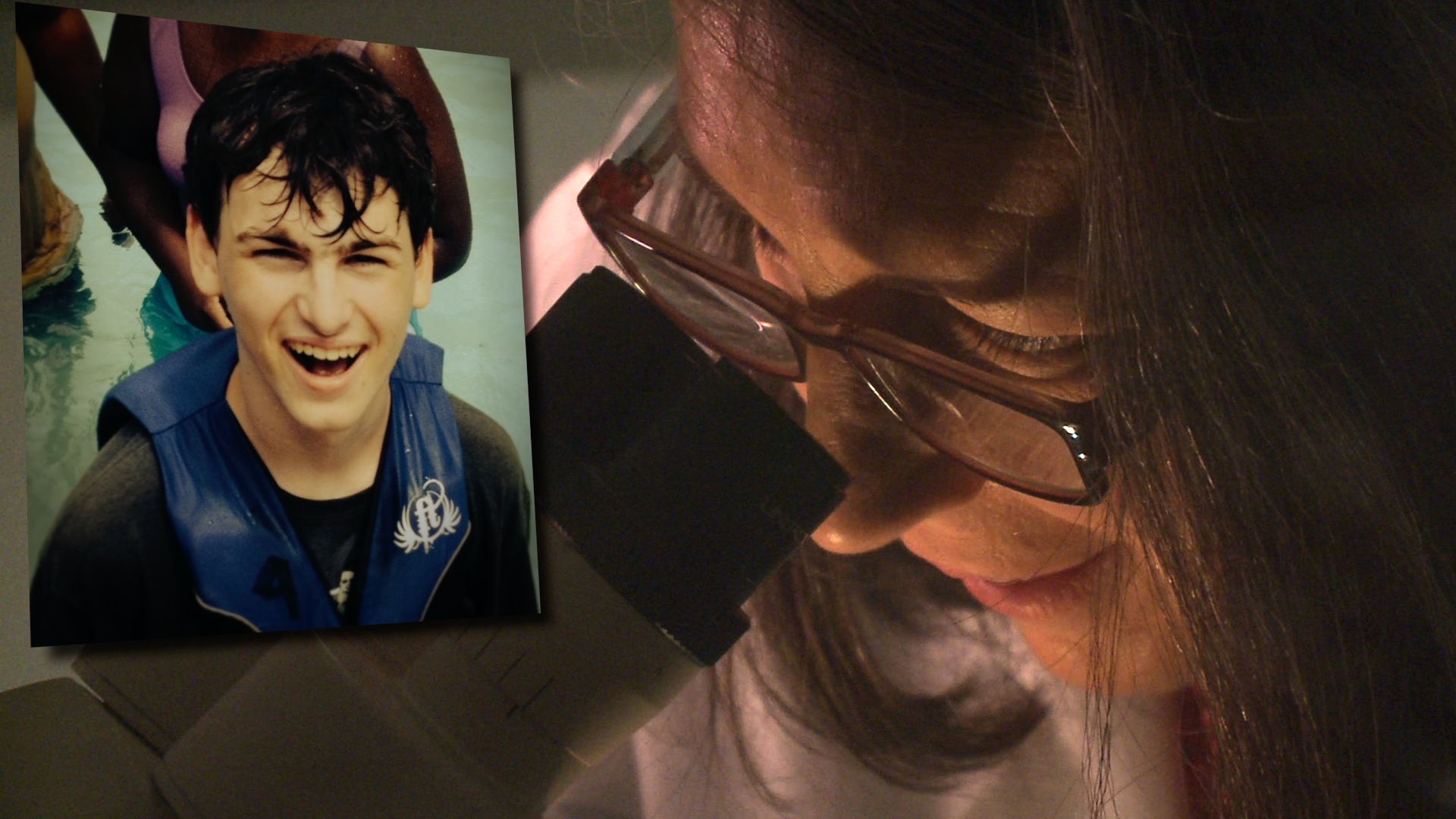
VUCast Extra: One mom’s race for a cure for son’s rare disorder
It’s a story of love and determination and a debilitating lifelong disorder. A son’s rare genetic disease has led his mom to become a scientist at Vanderbilt University. Watch this VUCast Extra and a mom’s race against time. Read MoreApr 7, 2015
-

Nashville Scene “People” Issue 2015: The Punk-Rock Neuroscientist
Fifth-year neuroscience Ph.D. student Kale Edmiston is the assistant director of Vanderbilt's Program for LGBTI Health, studies the relationship between stress and autism in teenagers, and is attempting to teach himself Mandarin in preparation for postdoctoral studies in China...and he helms the queer punk record label Nervous Nelly with his partner, Shannon. Read MoreMar 20, 2015
-
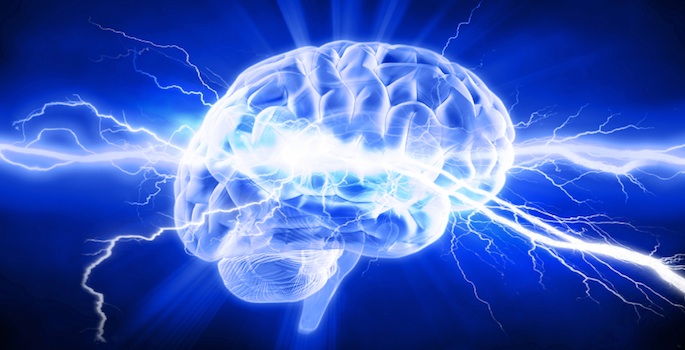
Electrical stimulation ‘tunes’ visual attention using long-term memory
Picking a needle out of a haystack might seem like the stuff of fairytales, but our brains can be electrically “tuned” to enable us to do a much better job of finding what we’re looking for. Read MoreJan 7, 2015
-

Landmark book ‘Law and Neuroscience’ released
The new book 'Law and Neuroscience' is the definitive reference book on the use of neuroscientific evidence in courtrooms. Read MoreSep 5, 2014
-

Fault trumps gruesome evidence when it comes to meting out punishment
A new brain study has identified the brain mechanisms that underlie our judgment of how severely a person who has harmed another should be punished. Read MoreAug 3, 2014
-
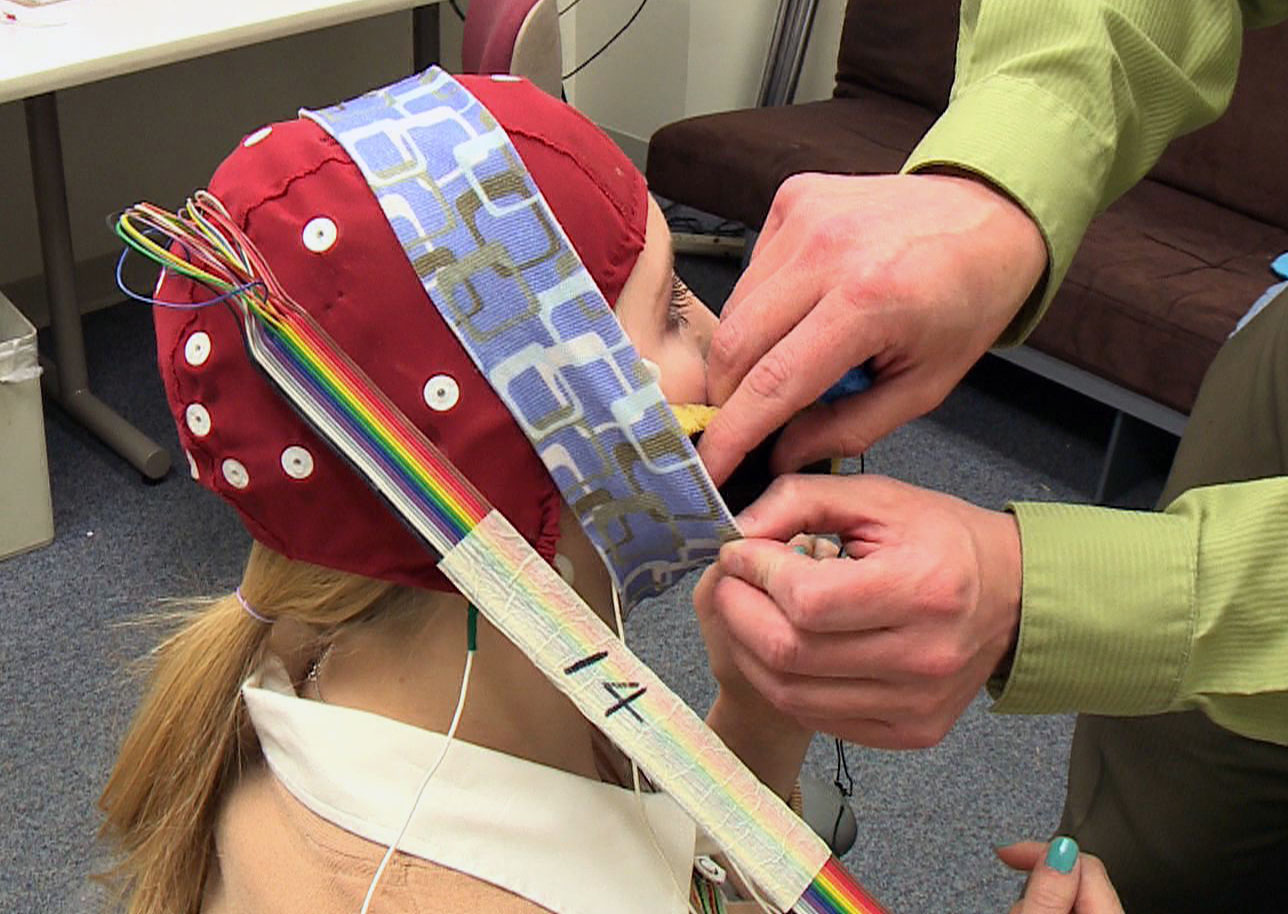
Electric “thinking cap” controls learning speed
In a new study published in the Journal of Neuroscience, Vanderbilt psychologists Robert Reinhart, a Ph.D. candidate, and Geoffrey Woodman, assistant professor of psychology, show that it is possible to selectively manipulate our ability to learn through the application of a mild electrical current to the brain, and that this… Read MoreApr 11, 2014
-

Dugan named to lead Division of Geriatric Medicine
Laura Dugan, M.D., the Larry L. Hillblom Chair in Geriatric Medicine at the University of California San Diego (UCSD), will join the Vanderbilt faculty on April 7 to direct Vanderbilt University’s Division of Geriatric Medicine, a division of the Department of Medicine. Read MoreApr 3, 2014
-
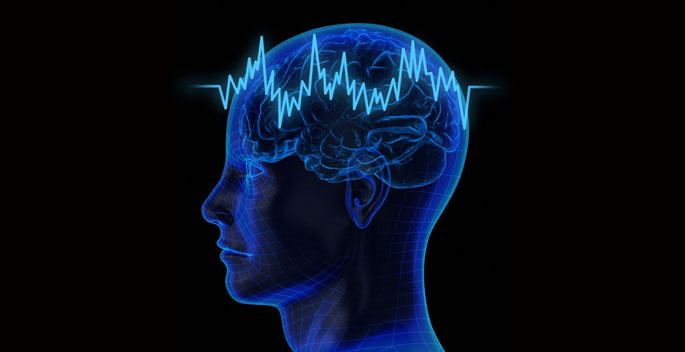
Electric “thinking cap” controls learning speed
Vanderbilt psychologists show it is possible to selectively manipulate our ability to learn through the application of a mild electrical current to the brain, and that this effect can be enhanced or depressed depending on the direction of the current. Read MoreMar 21, 2014
-
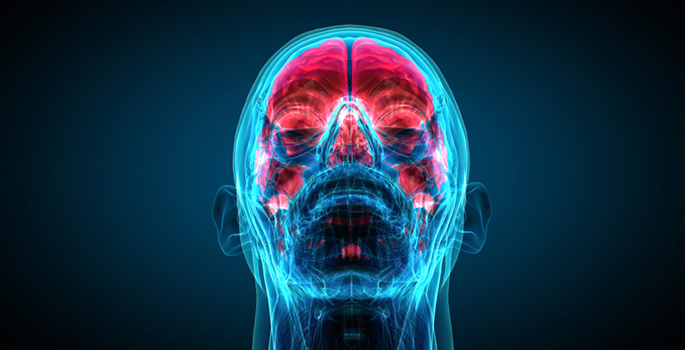
Brain mapping confirms patients with schizophrenia have impaired ability to imitate
A brain-mapping study of patients with schizophrenia has found that areas associated with the ability to imitate are impaired, providing new support for the theory that deficits in this basic cognitive skill may underlie the profound difficulty with social interactions that characterize the disorder. Read MoreMar 14, 2014
-
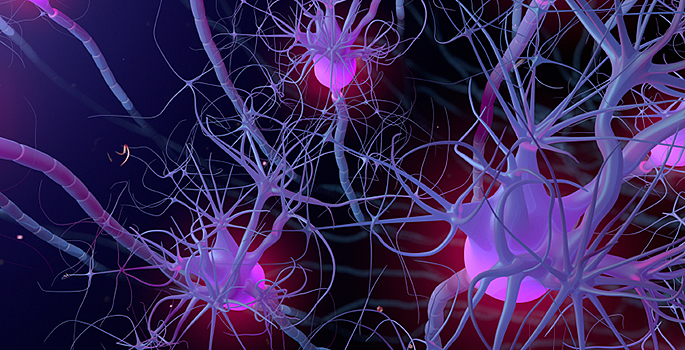
In the brain, the number of neurons in a network may not matter
A study has found that the time it takes neural networks in the brain to make decisions is remarkably stable regardless of size: a finding that could make it easier to achieve the goal of the President's BRAIN Initiative established last spring. Read MoreFeb 3, 2014